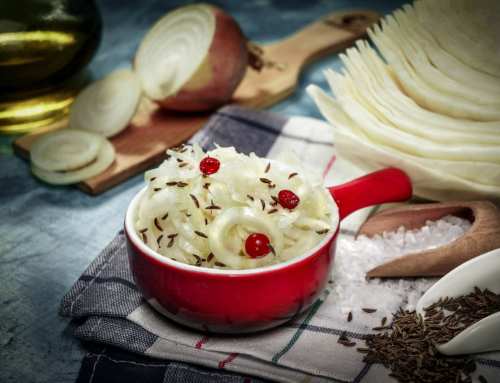It has always seemed like an old wives tale that being out in the cold can make you sick. More often than not, doctors would chalk up individuals getting sick during the winter due to increased time indoors, or to other behavioral factors that can cause lots of individuals to not feel so hot during the wintertime. There may be more to the wintertime blues than previously thought. If you’ve always thought there was a connection between the winter months and your immune system treating you poorly, you were right.
Cold Weather and Your Nose
 If you live in a cooler climate, then you know how dry everything can get when the weather cools down. You’re more likely to shock yourself with static electricity, and clothes always bunch together because of the dryness. Your surroundings aren’t the only things getting dry with cool weather. The soft tissues in your nose, which are typically moist and help catch and flush out invaders, also dry out. This causes your nose, as a first line of defense, to not work nearly as effectively as it typically would.
If you live in a cooler climate, then you know how dry everything can get when the weather cools down. You’re more likely to shock yourself with static electricity, and clothes always bunch together because of the dryness. Your surroundings aren’t the only things getting dry with cool weather. The soft tissues in your nose, which are typically moist and help catch and flush out invaders, also dry out. This causes your nose, as a first line of defense, to not work nearly as effectively as it typically would.
Short Days and Long Nights
 You probably also hate how little sunlight there is during the winter months, along with how many people end up sick. The long nights and longer working hours make it hard to get outside and enjoy what little winter sunshine there may be. Vitamin D is an important factor in both your overall health and provides you with immune support. If you aren’t getting outside or it’s always cloudy or dark, then you are not getting enough vitamin D in order to maintain your health. Humans are unable to make the vitamin D that they need without sunlight or proper supplementation. Lack of vitamin D can weaken the immune system and cause you to be more susceptible during the winter months.
You probably also hate how little sunlight there is during the winter months, along with how many people end up sick. The long nights and longer working hours make it hard to get outside and enjoy what little winter sunshine there may be. Vitamin D is an important factor in both your overall health and provides you with immune support. If you aren’t getting outside or it’s always cloudy or dark, then you are not getting enough vitamin D in order to maintain your health. Humans are unable to make the vitamin D that they need without sunlight or proper supplementation. Lack of vitamin D can weaken the immune system and cause you to be more susceptible during the winter months.
Is It in Your Genes?

In a study done by the University of Cambridge and the London School of Hygiene and Tropical Medicine in the UK, with the Technical University of Munich and the Technical University of Dresden in Germany, researchers examined a variety of expressed genes associated with the immune system during the winter months versus the summer months. They selected a large sample size and looked at individuals across several countries for their results. The main take away is that gene expression varied by season for over a quarter of individuals.
There were some exceptions among certain populations, such as Iceland, where there were virtually no gene expression variations. There was also a close examination of the fluctuation in immune system defenders, which typically drop in number over the winter months when you are going to need them most. While this study is just the tip of the iceberg in terms of gene expression and your health, it’s worth a thought.
When you need immune support during the winter months, turn to ImmPowerD3 from the Harmony Company. Shop online today!







Leave A Comment
You must be logged in to post a comment.